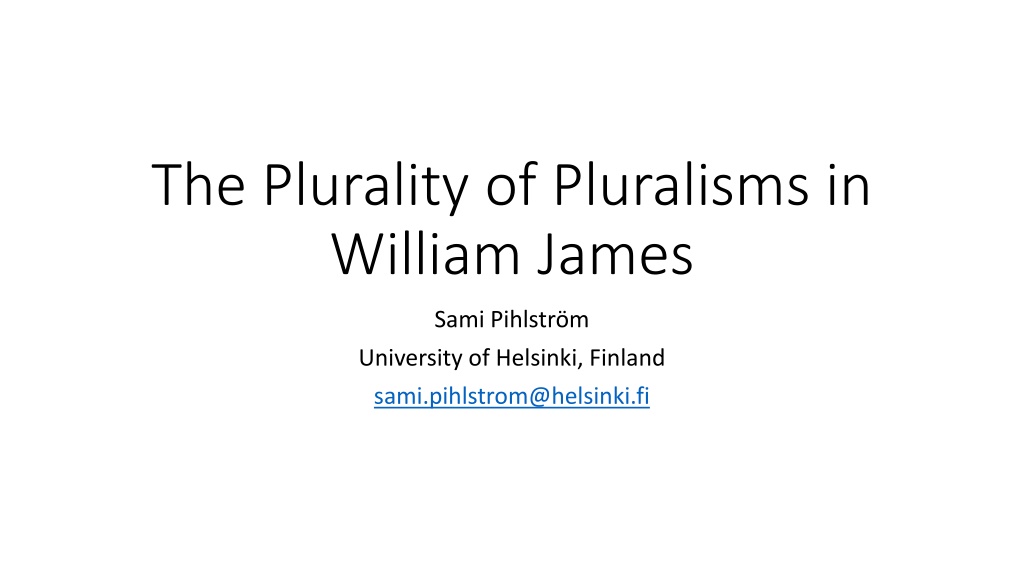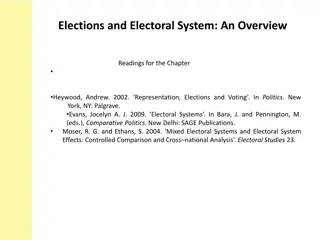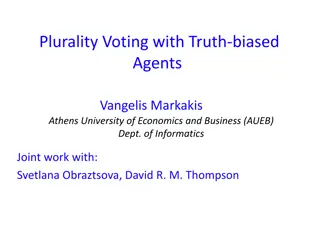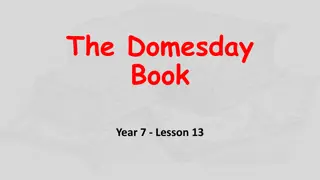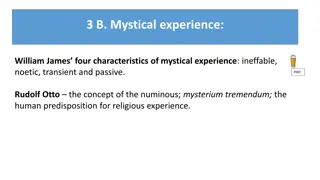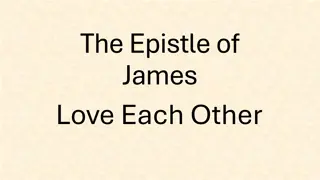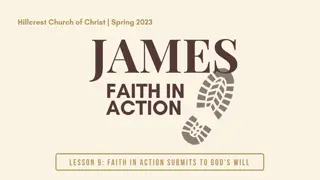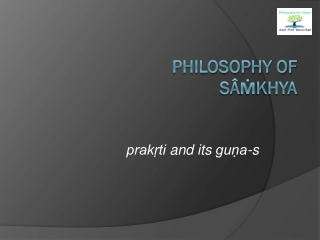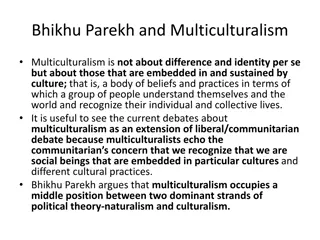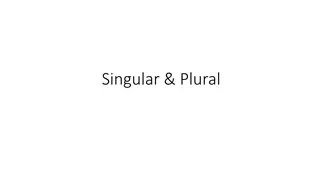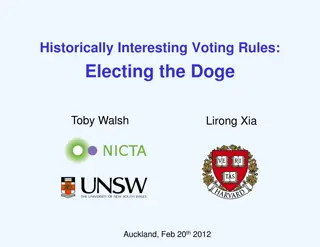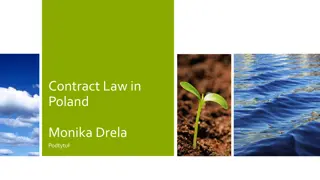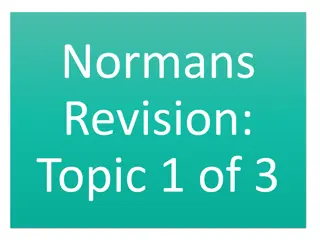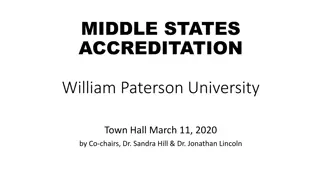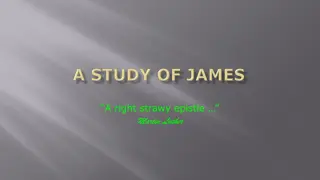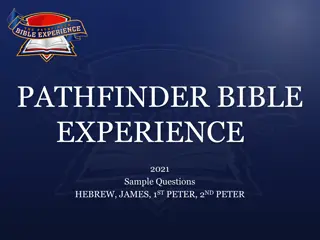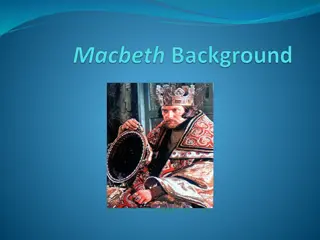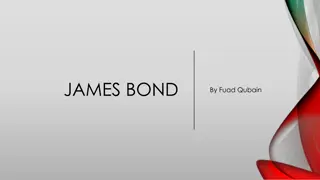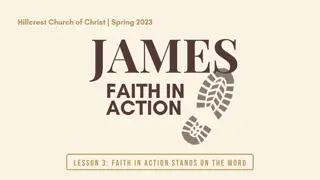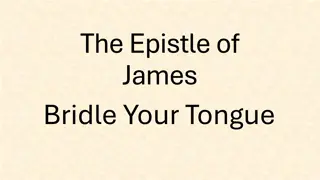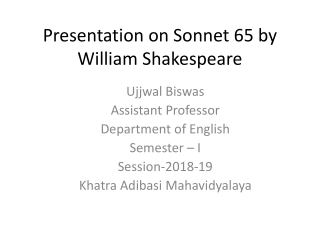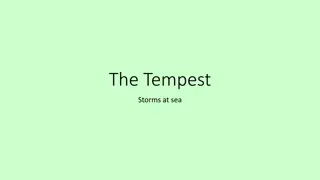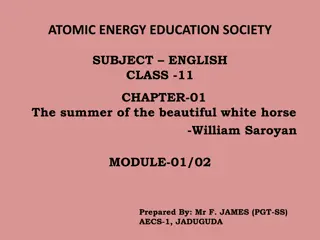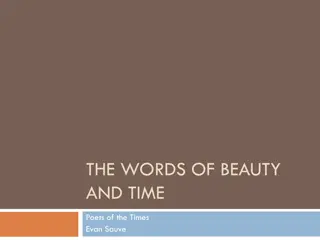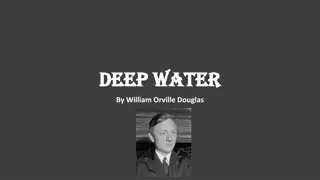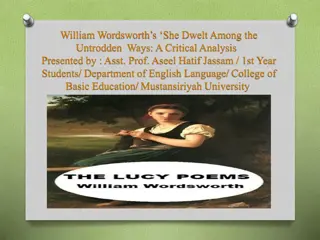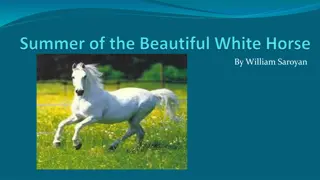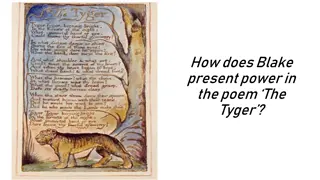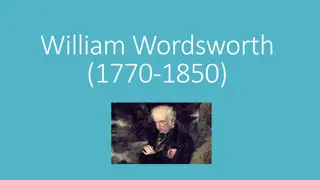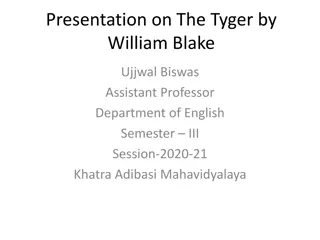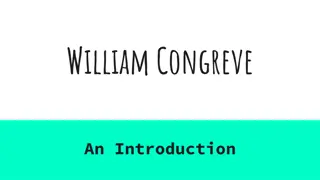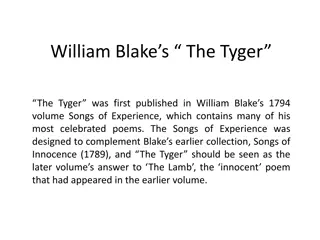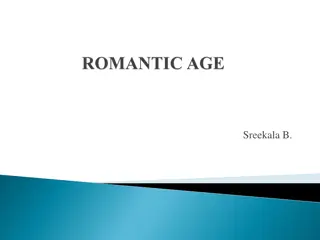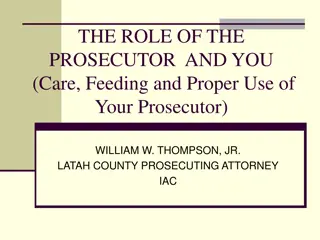The Plurality of Pluralisms in William James
William James presents various forms of pluralism in his philosophical works, encompassing metaphysical, epistemological, ethical, metaphilosophical, and religious perspectives. He contrasts pluralism with monism and advocates for a more empirical approach. James's ideas challenge conventional monistic views and offer a nuanced understanding of the interconnectedness and diversity within the universe.
Download Presentation

Please find below an Image/Link to download the presentation.
The content on the website is provided AS IS for your information and personal use only. It may not be sold, licensed, or shared on other websites without obtaining consent from the author. Download presentation by click this link. If you encounter any issues during the download, it is possible that the publisher has removed the file from their server.
E N D
Presentation Transcript
The Plurality of Pluralisms in William James Sami Pihlstr m University of Helsinki, Finland sami.pihlstrom@helsinki.fi
Introduction Pragmatism: both monistic and pluralistic tendencies. Charles S. Peirce: final opinion , the ideal limit of inquiry. William James: if you know whether a man is a decided monist or a decided pluralist, you perhaps know more about the rest of his opinions than if you give him any other name ending in ist (James 1975 [1907], 64). Neopragmatism, e.g., Hilary Putnam. Kant as the first pragmatic pluralist ? I will distinguish between 5 different pluralisms in James: metaphysical, epistemological, ethical, metaphilosophical, religious. Commentaries: e.g., Michael Slater (2011); Russell B. Goodman (2021). See also Hilary & Ruth Anna Putnam (2017).
Metaphysical pluralism James, The One and the Many (1975 [1907], Lecture IV): Pluralism on the other hand [in comparison to monism] has no need of this dogmatic rigoristic temper. Provided you grant some separation among things, some tremor of independence, some free play of parts on one another, some real novelty or chance, however minute, she is amply satisfied, and will allow you any amount, however great, of real union. How much of union there may be is a question that she thinks can only be decided empirically. The amount may be enormous, colossal; but absolute monism is shattered if, along with all the union, there has to be granted the slightest modicum, the most incipient nascency, or the most residual trace, of a separation that is not overcome. Pragmatism, pending the final empirical ascertainment of just what the balance of union and disunion among things may be, must obviously range herself upon the pluralistic side. Some day, she admits, even total union, with one knower, one origin, and a universe consolidated in every conceivable way, may turn out to be the most acceptable of all hypotheses. Meanwhile the opposite hypothesis, of a world imperfectly unified still, and perhaps always to remain so, must be sincerely entertained. This latter hypothesis is pluralism s doctrine. Since absolute monism forbids its being even considered seriously, branding it as irrational from the start, it is clear that pragmatism must turn its back on absolute monism, and follow pluralism s more empirical path. (James 1975 [1907], 78-79.)
Epistemological pluralism Cf. Morton White: holistic pragmatism. This is the hypothesis of noetic pluralism, which monists consider so absurd. Since we are bound to treat it as respectfully as noetic monism, until the facts shall have tipped the beam, we find that our pragmatism, tho originally nothing but a method, has forced us to be friendly to the pluralistic view. It may be that some parts of the world are connected so loosely with some other parts as to be strung along by nothing but the copula and. They might even come and go without those other parts suffering any internal change. This pluralistic view, of a world of additive constitution, is one that pragmatism is unable to rule out from serious consideration. But this view leads one to the farther hypothesis that the actual world, instead of being complete eternally, as the monists assure us, may be eternally incomplete, and at all times subject to addition or liable to loss. (James 1975 [1907], 81-82.)
Ethical pluralism See, e.g., The Moral Philosopher and the Moral Life (1891, in James 1979 [1897]). Ethical pluralism not one form of pluralism among others but a unifying features of James s pluralism(s). James s main argument for pluralism and against monism is irreducibly ethical.
Metaphilosophical pluralism Something always escapes Goodman: scheme pluralism. (Cf. Putnam: conceptual relativity.) There is no ringing conclusion possible when we compare these types of thinking, with a view to telling which is the more absolutely true. Their naturalness, their intellectual economy, their fruitfulness for practice, all start up as distinct tests of their veracity, and as a result we get confused. Common sense is better for one sphere of life, science for another, philosophic criticism for a third; but whether either be truer absolutely, Heaven only knows. (James 1975 [1907], 93.)
Metaphilosophical pluralism (contd) Pragmatically interpreted, pluralism or the doctrine that it is many means only that the sundry parts of reality may be externally related. Everything you can think of, however vast or inclusive, has on the pluralistic view a genuinely external environment of some sort or amount. Things are with one another in many ways, but nothing includes everything, or dominates over everything. The word and trails along after every sentence. Something always escapes. Ever not quite has to be said of the best attempts made anywhere in the universe at attaining all-inclusiveness. The pluralistic world is thus more like a federal republic than like an empire or a kingdom. However much may be collected, however much may report itself as present at any effective centre of consciousness or action, something else is self-governed and absent and unreduced to unity. (James 1977 [1909], 145.)
Religious pluralism The final lecture (VIII) of Pragmatism brings the monism vs. pluralism issue into the philosophy of religion: So we see concretely two types of religion in sharp contrast. Using our old terms of comparison, we may say that the absolutistic scheme appeals to the tender-minded while the pluralistic scheme appeals to the tough. Many persons would refuse to call the pluralistic scheme religious at all. They would call it moralistic, and would apply the word religious to the monistic scheme alone. Religion in the sense of self-surrender, and moralism in the sense of self-sufficingness, have been pitted against each other as incompatibles frequently enough in the history of human thought. // We stand here before the final question of philosophy. (James 1975 [1907], 140-141.)
Religious pluralism (contd) Against religious exclusivism. Piecemeal salvation . Pluralism and the sick soul in The Varieties of Religious Experience: Now the gospel of healthy-mindedness, as we have described it, casts its vote distinctly for this pluralistic view. Whereas the monistic philosopher finds himself more or less bound to say, as Hegel said, that everything actual is rational, and that evil, as an element dialectically required, must be pinned in and kept and consecrated and have a function awarded to it in the final system of truth, healthy-mindedness refuses to say anything of the sort. (James 1985 [1902], 113.)
The ethical core of Jamess pluralism(s) The entanglement of metaphysics and ethics. Philosophical temperaments . Compare Hannah Arendt: natality , unique individuality. Vs. our instinctive blindness (cf. James, On a Certain Blindness in Human Beings , 1899). The ideally perfect whole is certainly that whole of which the parts also are perfect if we can depend on logic for anything, we can depend on it for that definition. The absolute is defined as the ideally perfect whole, yet most of its parts, if not all, are admittedly imperfect. Evidently the conception lacks internal consistency, and yields us a problem rather than a solution. It creates a speculative puzzle, the so-called mystery of evil and of error, from which a pluralistic metaphysic is entirely free. In any pluralistic metaphysic, the problems that evil presents are practical, not speculative. Not why evil should exist at all, but how we can lessen the actual amount of it, is the sole question we need there consider. (James 1977 [1909], 60.)
Pluralism and humanism James s implicit Kantianism: investigating the human condition. Pluralism not simply contingently true but a necessary/constitutive feature of human (ethico-metaphysical) perspectives on the world. Human world-engagement is inevitably perspectival . Pluralism as an ethical choice? (Based on a will to believe ?) Pluralism vs. pragmatism: which one is James s primary commitment? Pluralism as a pragmatic truth (about the human condition). But also a quasi-transcendental condition for the possibility of our perspectival practices of world-engagement.
References The James quotations are from The Works of William James, 19 vols, eds. F.H. Burkhardt, F. Bowers, and I.K. Skrupskelis (Cambridge, MA and London: Harvard University Press, 1975-1988), e.g.: The Will to Believe and Other Essays in Popular Philosophy (1979 [1897]) The Varieties of Religious Experience (1985 [1902]) Pragmatism: A New Name for Some Old Ways of Thinking (1975 [1907]) A Pluralistic Universe (1977 [1909]) See also, e.g., M. Slater, William James s Pluralism , The Review of Metaphysics (2011); R.B. Goodman, James s Plurality of Pluralisms , in S. Marchetti (ed.), The Jamesian Mind (Routledge, 2021). This paper is based on chapter 3 of S. Pihlstr m, Humanism, Antitheodicism, and the Critique of Meaning in Pragmatist Philosophy of Religion (Lexington / Rowman & Littlefield, forthcoming 2023).
